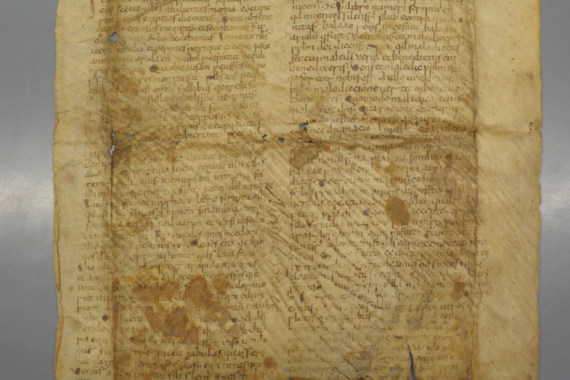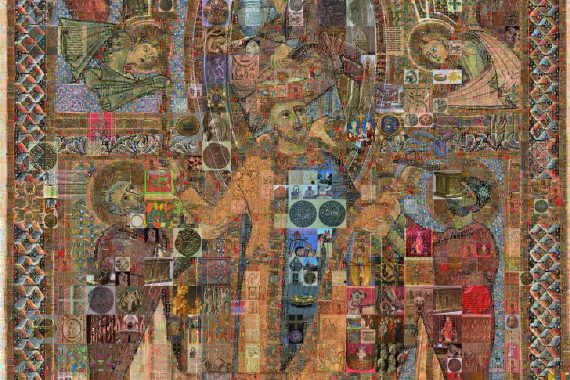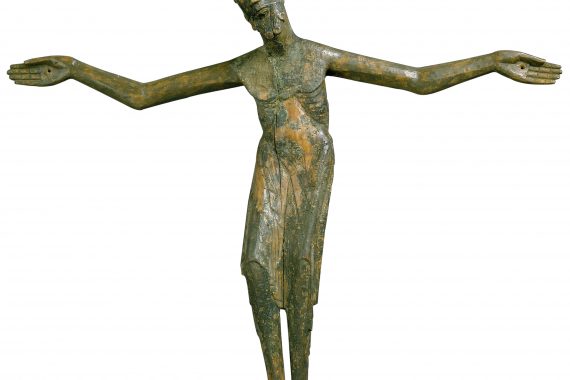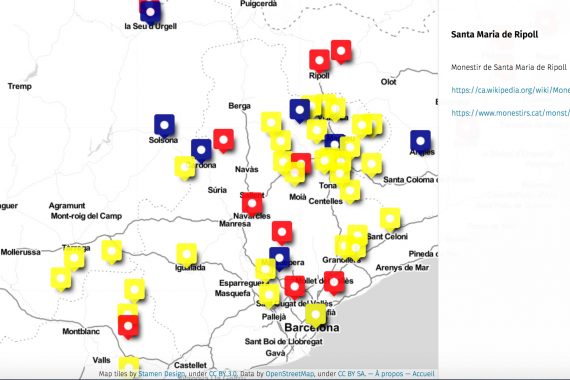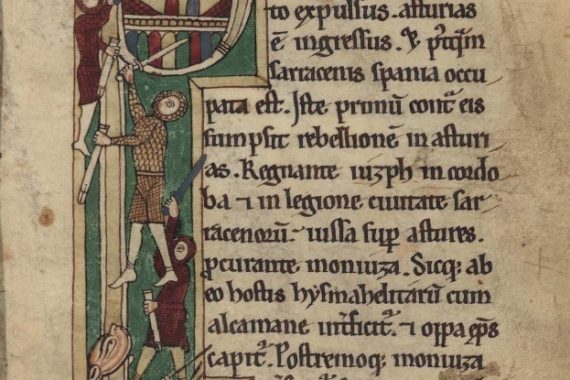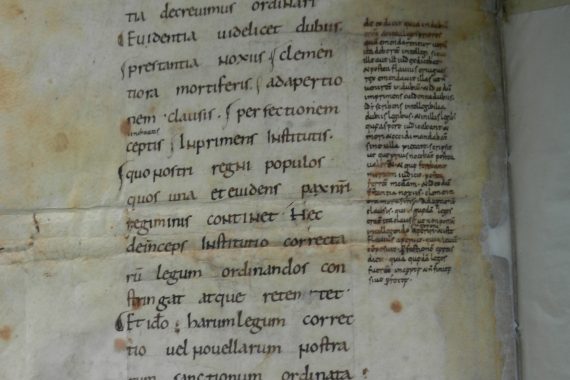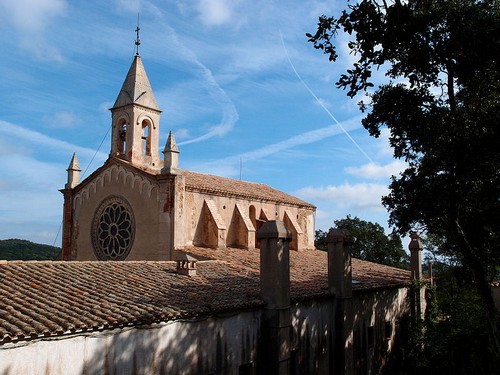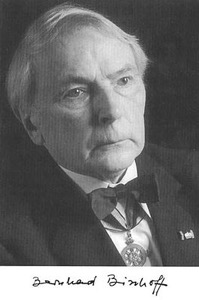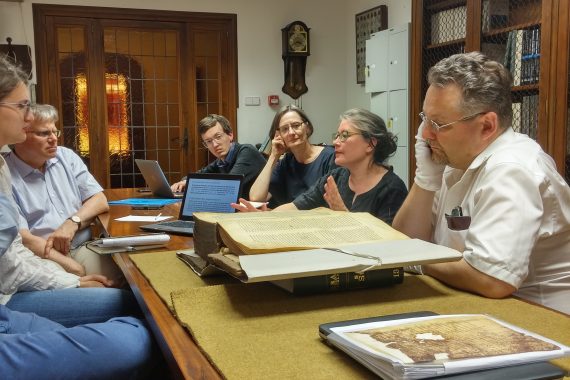Preaching Christ in a Transcultural Society: The Homiliary of Luculentius from Early Medieval Catalonia (ca. 900)*
The Long Rediscovery of a New Old Text The so-called Homiliary of Luculentius is an early medieval text with an unfortunate fate. Already known in fragments since the seventeenth century, it became part of the history of Latin medieval literature only at a very late stage of research due to incorrectly attributed dates and…

